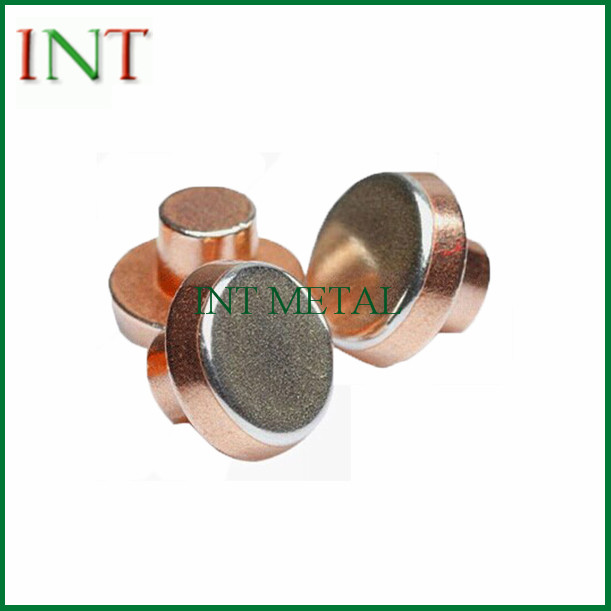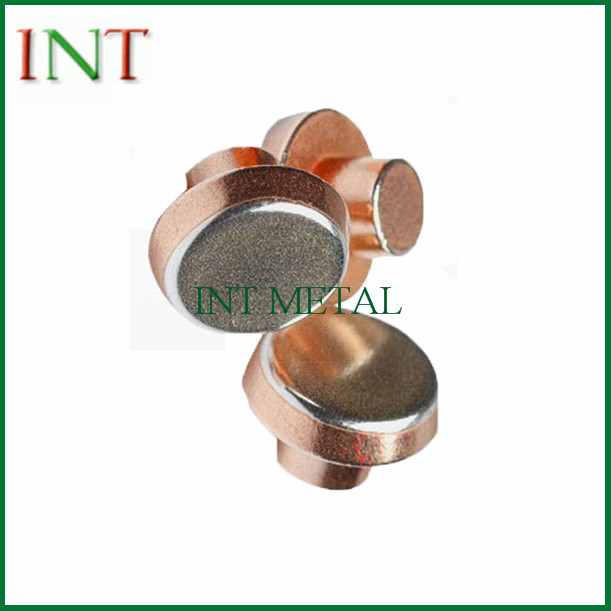Silver Electrical Contacts
Silver electrical contacts are components used in various electrical applications where reliable electrical conductivity is required. They are typically made from silver or silver-based alloys due to silver's excellent electrical conductivity and low contact resistance.Here are some key characte......
Send Inquiry
Product Description
Silver electrical contacts are components used in various electrical applications where reliable electrical conductivity is required. They are typically made from silver or silver-based alloys due to silver's excellent electrical conductivity and low contact resistance.
Here are some key characteristics and applications of silver electrical contacts:
1. Electrical Conductivity: Silver is one of the best conductors of electricity among common metals. It has a high electrical conductivity, allowing for efficient current flow and minimal power loss in electrical contacts.
2. Low Contact Resistance: Silver electrical contacts offer low contact resistance, which means there is minimal voltage drop and heat generation at the contact point. This is important for maintaining the efficiency and reliability of electrical connections.
3. Oxidation Resistance: Silver exhibits good resistance to oxidation, which helps prevent the formation of a non-conductive oxide layer on the contact surface. This allows for stable and long-lasting electrical performance over time.
4. High Thermal Conductivity: Silver has excellent thermal conductivity, which helps dissipate heat generated during electrical operation. This is beneficial in applications where heat management is crucial to maintain optimal performance and prevent overheating.
5. Wear Resistance: Silver electrical contacts are often designed with appropriate materials and surface treatments to enhance their wear resistance. This helps minimize contact wear, prolong the lifespan of the contacts, and maintain consistent electrical performance.
6. Application Range: Silver electrical contacts are used in a wide range of applications, including switches, relays, connectors, circuit breakers, contactors, motor brushes, and other electrical devices. They are commonly found in industries such as power distribution, automotive, aerospace, telecommunications, and electronics.
7. Silver Alloys: In some cases, silver electrical contacts are made from silver alloys to improve specific properties. For example, silver-cadmium oxide (AgCdO) contacts are known for their high resistance to welding and arc erosion, making them suitable for high-current switching applications.
When selecting silver electrical contacts, it is important to consider factors such as the specific application requirements, current rating, voltage rating, environmental conditions, and contact design. Working with reputable manufacturers or suppliers can help ensure that you obtain high-quality silver electrical contacts that meet your specific needs and provide reliable electrical performance.










